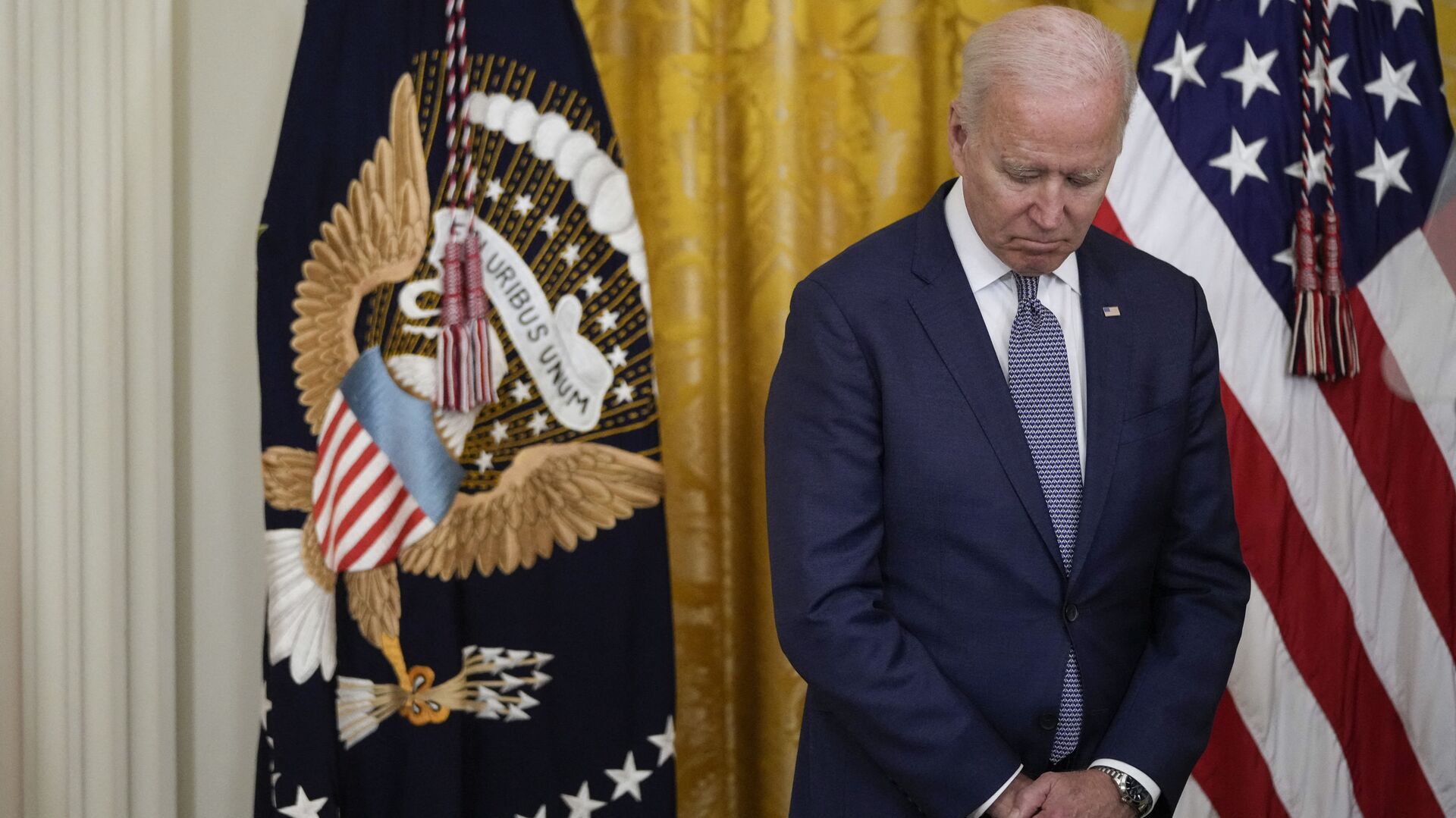Indian Foreign Minister Subrahmanyam Jaishankar on Wednesday remarked that the Joe Biden administration was “more open” to the perception that the world is multi-polar.
Speaking at a virtual discussion on India-EU relations organised by Indian think-tank Observer Research Foundation (ORF), the Foreign Minister said: “In terms of what has been the role of the United States, specifically the Biden administration, it’s interesting. I would say… I mean it’s only been six months but… Certainly, the Biden administration seems to be very open to the assessment that the world is indeed multi-polar.”
He was answering a question whether the US President had “influenced” the geopolitics of Asia since taking over from his predecessor Donald Trump.
The former US President's 'America First' Policy on economic matters as well as his unilateral decision to pull out of major international groupings is said to have affected Washington's relations with its European and other global allies. Trump also raised eyebrows in Asia after publicly urging that Japan should pay more in return for American security assistance.
As regards India, Trump lambasted New Delhi several times for the high tariffs on American imports, even removing the South Asian country from the list of developing nations whose products are entitled to duty-free access in the US market.
“[The Biden administration] sees many other countries, regions and blocs, groups… that it is open to working with. Our European friends would probably echo that assessment,” Jaishankar said.
“And I think it also has a much more contemporary agenda,” he added, in what appeared to be a comparison with the Trump administration.
“For us, at least, I am talking about India… I mean I have actually seen our relationship with the US move forward in these six months,” the Indian Foreign Minister stated.
“And move forward in a way which I feel Europe would have an interest in,” he added.
During the discussion, the Indian Foreign Minister expressed his gratitude to his Portuguese counterpart Augusto Santos Silva for helping India-EU relations cross a “certain threshold”.
Portugal is at present chairing the European Council.
"The resumption of negotiations of the trade and investment agreement, which by the way, I would like to say is not a capricious or purely diplomatic decision - a lot of work went into it,” noted Jaishankar, referring to the revival of negotiations for a free-trade agreement between India and the EU.
The decision to resume negotiations was taken at the India-EU Summit in May this year. The virtual meeting was chaired by the European Union leaders and Indian Prime Minister Narendra Modi.
“We are looking at a compact relationship which reflects a multi-polar world, which means more power centres. It takes into account that the world is not what it was in 2016 and by the way neither was Europe nor was Asia,” Jaishankar said.
The world, in its present form, was a “far more re-balanced world” than it was earlier. "The relative weight of regions has shifted,” Jaishankar cocluded.




